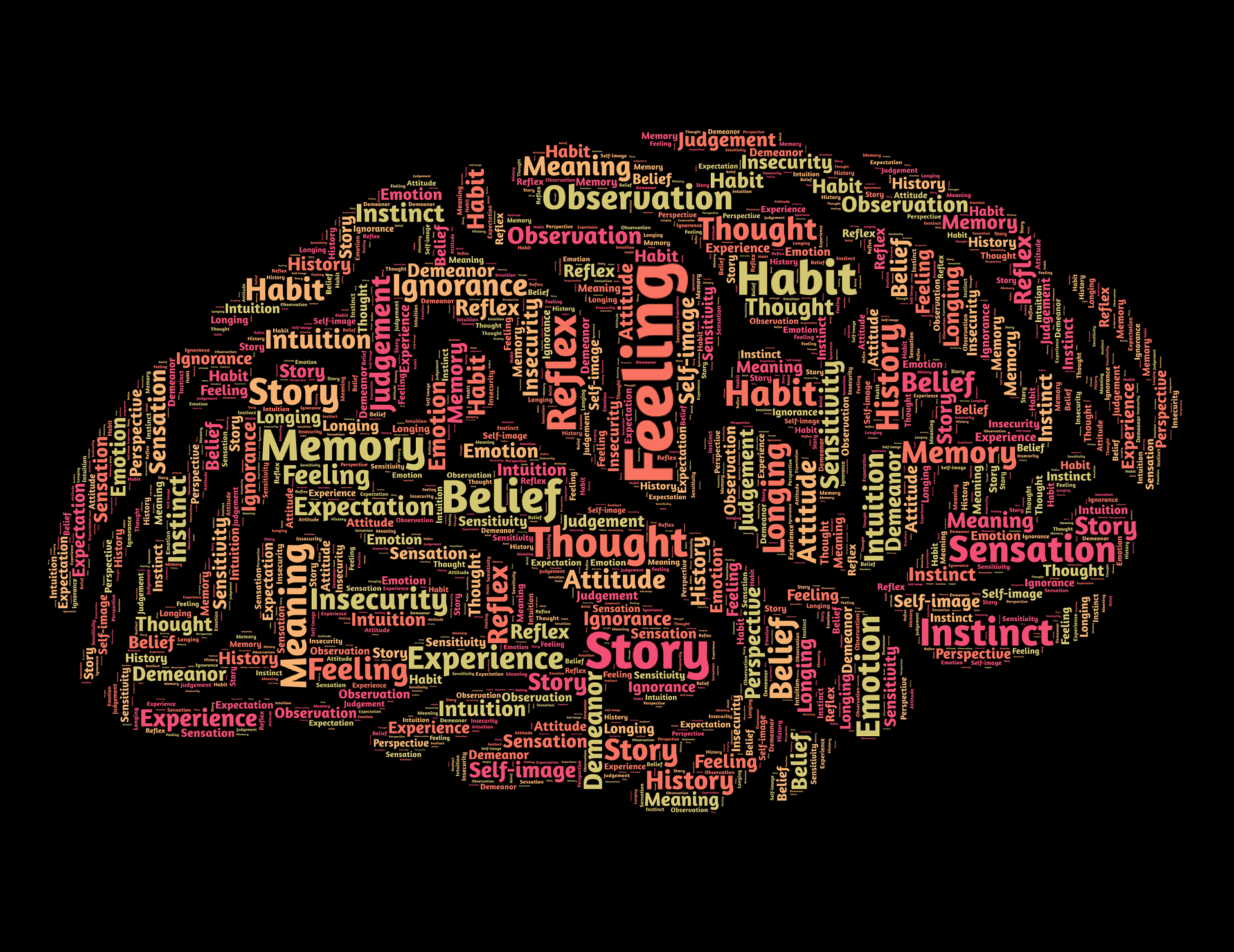„Kenn’ ich nicht ...“ – strukturierter und evidenzbasierter Wortschatzaufbau im Klassensetting
Schlagworte:
Language learning, language education, language development, vocabulary acquisition, vocabulary deficit, vocabulary building, mental lexicon, semanticsAbstract
The aim of the following article is to present possibilities of observing and documenting vocabulary development based on the knowledge of developmental steps, dimensions and influencing factors in vocabulary acquisition. In doing so, classroom-based language level observations and more specific procedures can be used separately or in combination. The main points, the focus of observation, and the advantages and disadvantages of individual procedures are summarized in the following article in the first section.
The second section is devoted to the essential elements of didactics in the area of lexis and semantics. From various evaluated remedial concepts and teaching principles elements for vocabulary work in inclusive classroom settings are derived. Regardless of the underlying cause of the vocabulary level (German as a second language, need for language support in the case of an existing language development disorder, educational remoteness of the parents’ home, cognitive impairment), possibilities for immanent support are presented and general principles of qualitative and quantitative vocabulary development are shown to ensure the transfer of theoretical concepts into daily practice.
In this individual support process, digital formats can be used in a supportive manner. These are shown for specific areas of vocabulary development and described by way of example. Finally, essential media-didactic, linguistic and developmental- psychological aspects for the evaluation and integration of tools for vocabulary expansion and differentiation are found.


